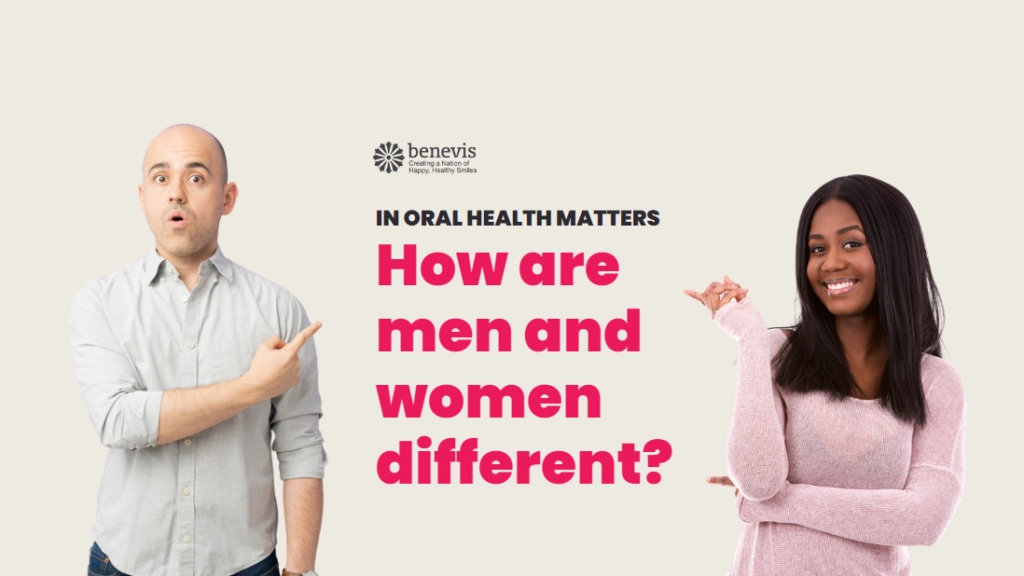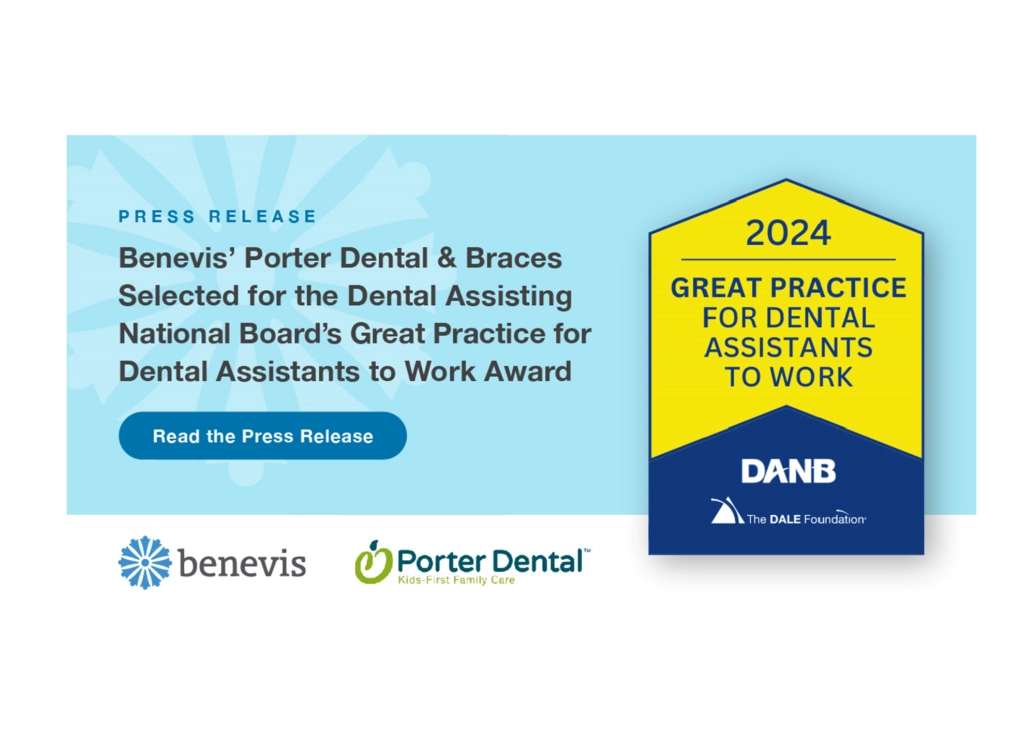Warning: Trying to access array offset on value of type bool in /data/production/benevis.com-refresh/wp-content/themes/benevis-custom/single.php on line 50

Gender differences in the usage of healthcare services do exist, but not necessarily in the ways we may expect. Studies have shown that women are more likely to seek out medical services overall, but men are more likely to prioritize certain types of medical care such as emergency services and surgical procedures. Even in the event of a serious illness, roughly 60% of men avoid care.
Additionally, women are more likely to use preventative care services like gynecological exams and mammograms, while men are less likely to seek out routine check-ups. Sex and gender related disparities in oral health follow similar usage patterns. These patterns may be influenced by societal expectations as well as differences in health concerns and risks between genders.
A few examples of how men’s and women’s biology and behavior affect their oral health:
- Men experience more gum disease.
- Women have more cavities.
- Men develop more mouth cancer.
- Women suffer more temporomandibular joint (TMJ) disorders.
- Women take better care of their oral health, in general.
Learn more in the Oral Health Report: Differences Between Men & Women.
*While sex refers to biological factors related to genetics, physiology, and anatomy, gender relates to social roles, behaviors, attitudes, and identities.
Related Articles

Benevis’ Porter Dental & Braces Selected for the Dental Assisting National Board’s Great Practice for Dental Assistants to Work Award
Posted on: July 24, 2024
Benevis today announced that the company’s Porter Dental & Braces dental home has earned a Great Practice for Dental Assistants to Work award from the Dental Assisting National Board (DANB). The Baltimore, MD, location was recognized for cultivating a supportive and fulfilling environment for the Dental Assistants that work there.

Benevis’s Director of Dental Hygiene Dominique Szach Wins National Award from the American Dental Hygienists’ Association (ADHA)
Posted on: July 18, 2024
Dominique Szach, director of dental hygiene at Benevis, won a national award from the American Dental Hygienists' Association (ADHA). The Standout Seven Award is given to a hygienist who demonstrates exemplary dedication and innovation in their role.

In Recognition of Men’s Health Week, Benevis Shines a Spotlight on Male-Specific Oral Health Care Habits and Behaviors
Posted on: June 10, 2024
Benevis kicks off Men’s Health Week June 10-16 by calling attention to oral healthcare trends and health risks that are most likely to impact the male population.
